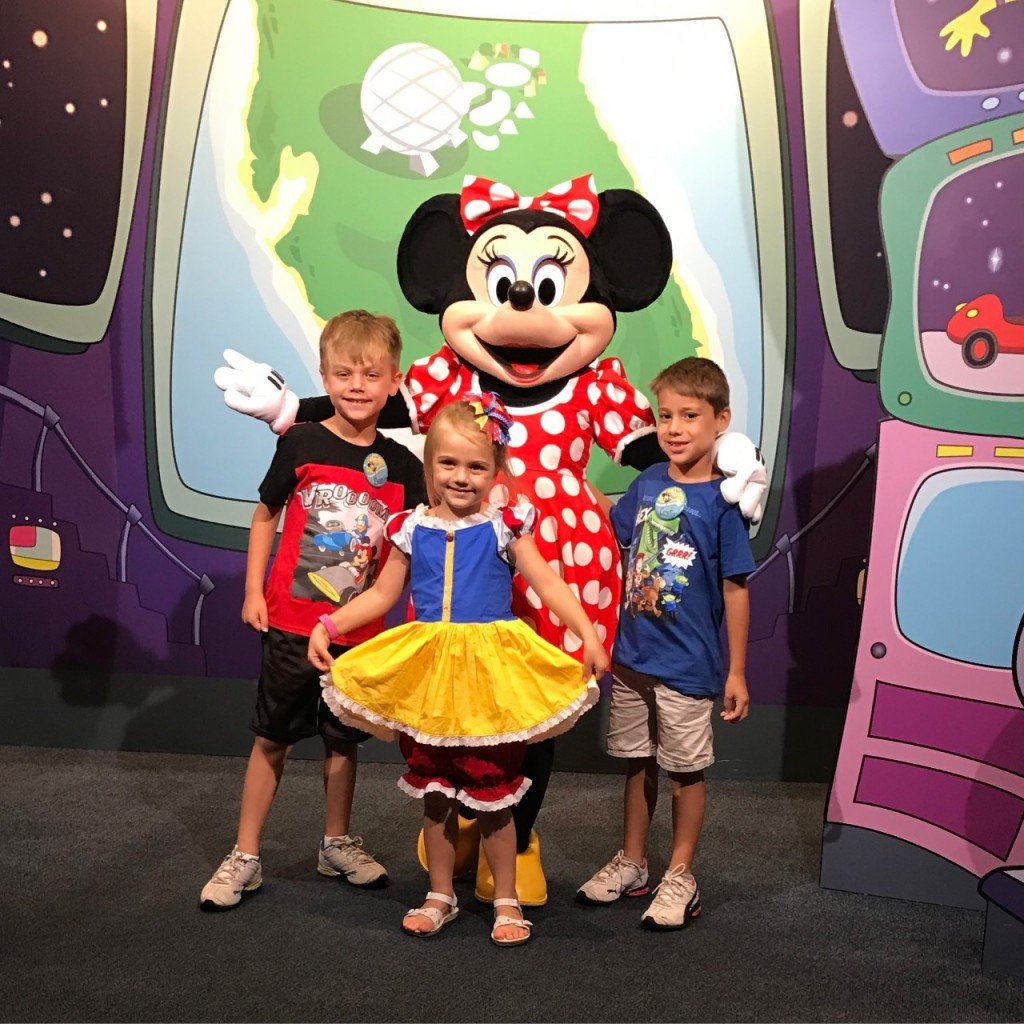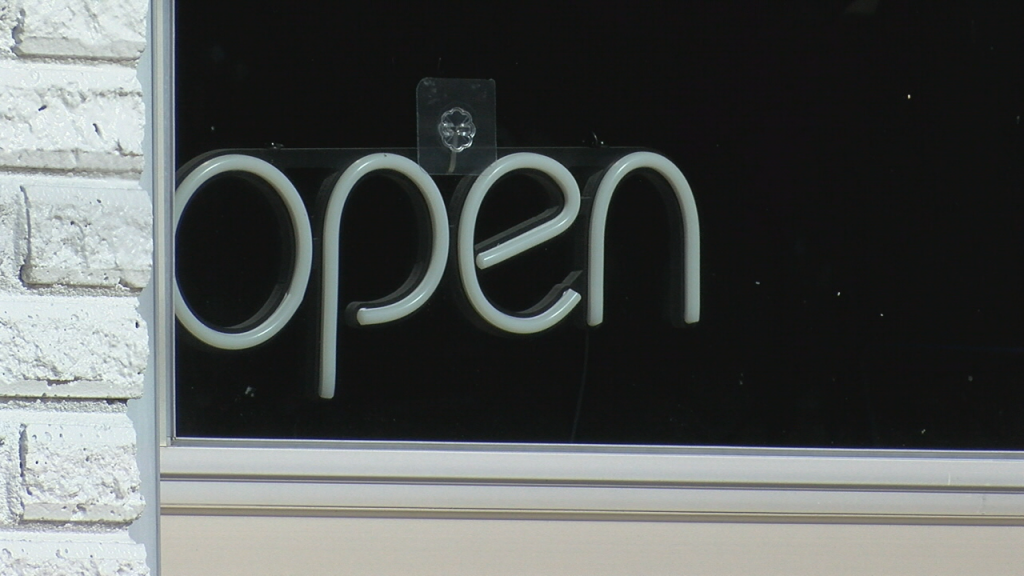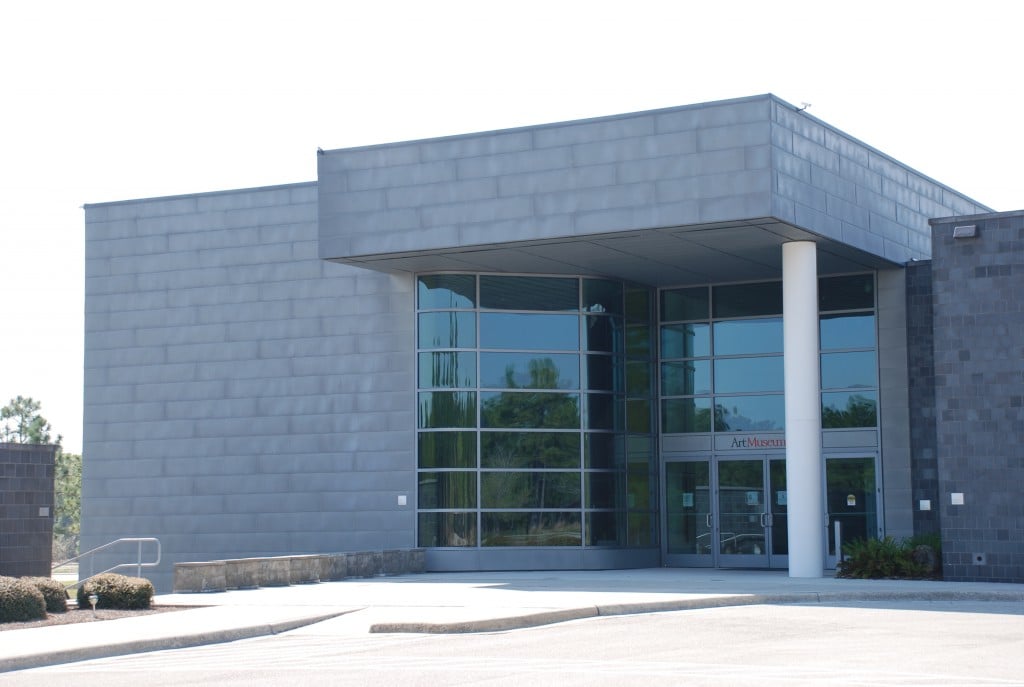Ashley’s Adventures: Karen Beasley Sea Turtle Rescue and Rehabilitation Center
SURF CITY, NC (WWAY) – No one looks forward to going to the hospital, but in Surf City people are actually lining up to get in the doors of one.
Each day the Karen Beasley Sea Turtle Rescue and Rehabilitation Center welcomes hundreds, sometimes over a thousand guests to visits its patients.
Even though the hospital’s name gives its patients’ species away, some people are still surprised by what they see.
“‘We all laugh when we answer the phone and somebody will say, ‘Well do you have any turtles there?’” said Jean Beasley, the hospital’s executive director.
The hospital is open for tours every day of the week, from 12-4 p.m., expect for Sundays and Wednesdays, when it is closed.
While kids are often the driving force behind a visit, the hospital says it offers something for people of all ages.
“One of the comments we get a lot will be from men, and they’ll say ‘I didn’t really want to go on this trip, but my family made me go and I thought I was going to be bored to tears. And you know what? I really liked it, I learned a lot,’” Beasley said.
A lot of that learning happens before you even see the turtles, as you walk down a long hallway lined with stations. Each stop offers an interactive lesson about the different kinds of turtles, why they end up in the hospital and what it takes to release them back into the ocean.
Beasley wants each visitor to realize what kind of impact humans have on sea turtles.
“Everything that makes it more convenient for us often has a downside that makes it deadly for our fellow creatures that inhabit the plant,” she said.
Straws, bottles, nets and fishing line are all prime examples.
“This past year there was a turtle rescued with a straw that went all the way up its nose and into the upper part of its mouth. It could’ve easily gone into the brain area,” Beasley recalled.
By the end, you’ll see the turtles up close, in different stages of recovery. The goal is to get them back into the ocean.
The best part, however, is often the hardest one.
“That moment on the beach, when often with tears in our eyes, we are sending our recovery patients back home. When they swim away they’re taking a little piece of our hearts. Some of us will say, we don’t know how we have any heart left.”





Leave a Reply